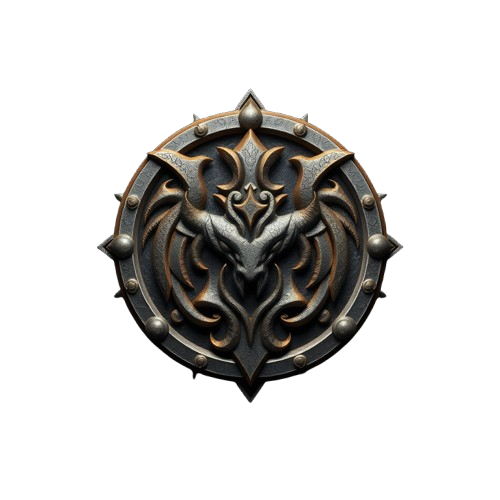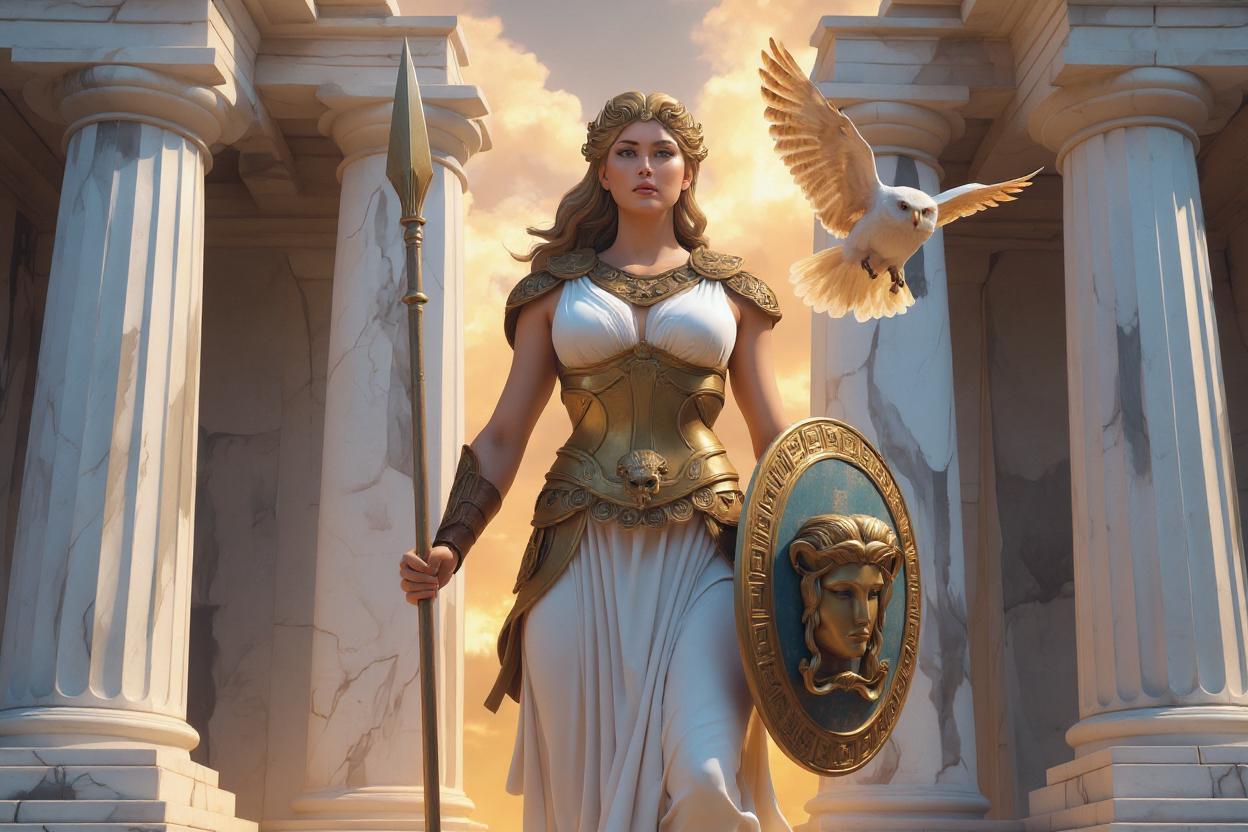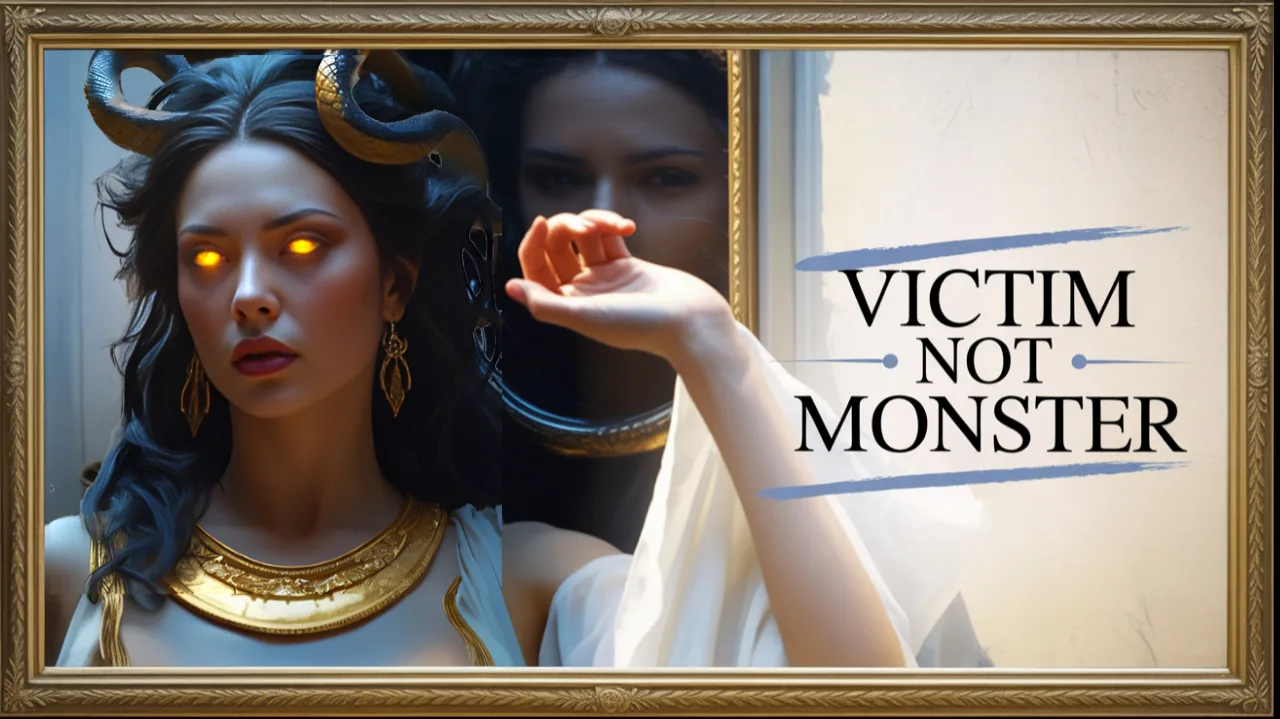9 Epic Truths About Athena Every Hero Should Know
In the pantheon of Greek mythology, few deities shine as brilliantly or command as much reverence as Athena. A goddess of paradoxes, she is the embodiment of both war and wisdom, of strategy and compassion, of power and grace. This is her story—a journey through myth, symbolism, and ancient reverence that continues to shape culture … Read more


